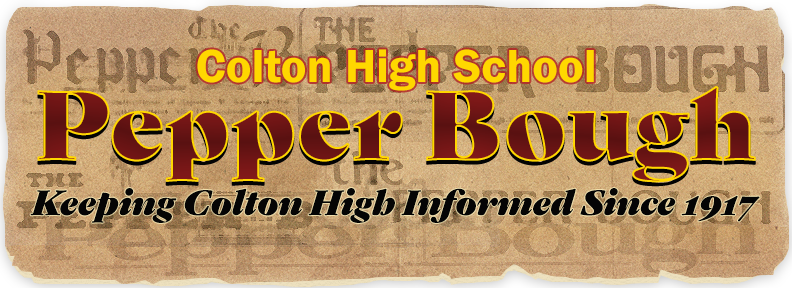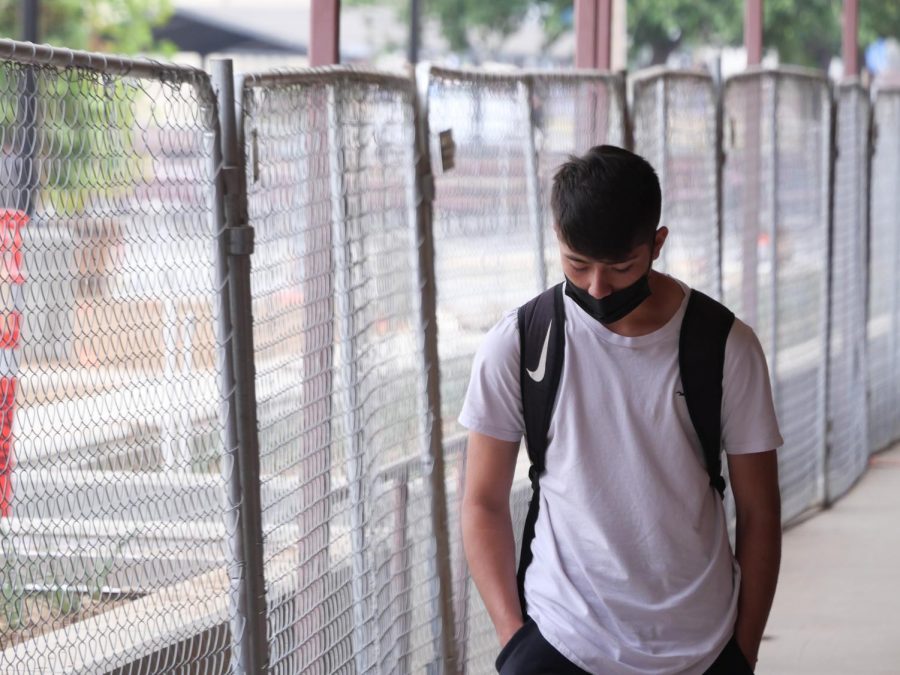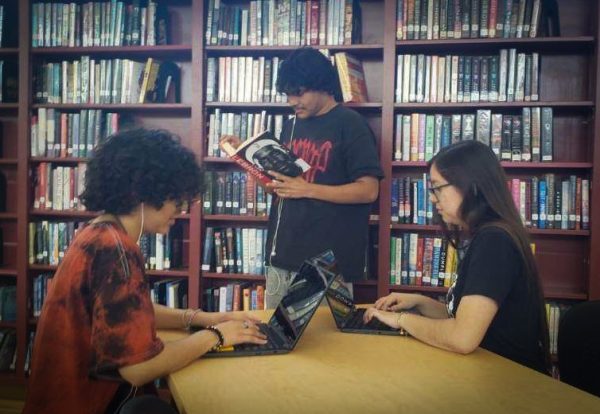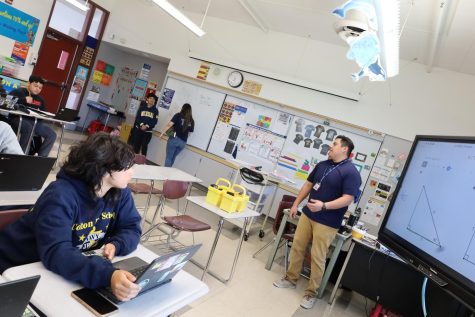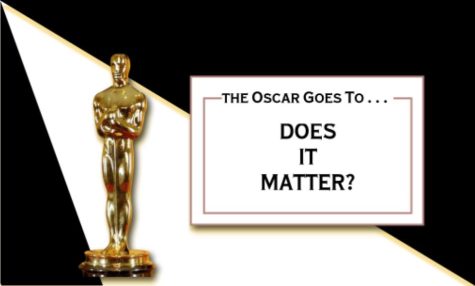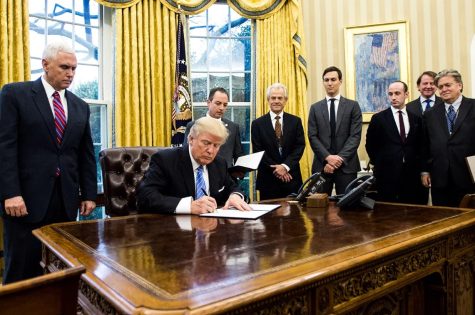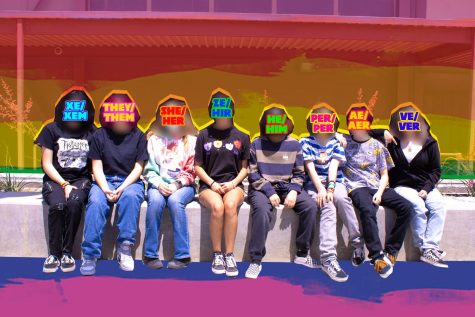Opinion: Suspension and expulsion do more harm than good
2021 California state guidelines call for more mental health support for students with behavioral problems
In August, the CA Department of Education released updated guidelines for disciplining students as in-person education resumes. They want to see a reduction in suspension and expulsion and an emphasis on providing mental health services.
In August, the California Department of Education issued a new set of guidelines for schools about how to handle student misbehavior. According to the CDE, this was in anticipation of “an uptick” in misbehavior after a year in distance learning.
These new guidelines include reinforcing the 2019 legislation which put an end to suspensions for willful defiance and encouraging administrators to provide alternatives to suspension and expulsion, such as mental health services and supports. “Instead of suspension, support,” the guidelines state.
These guidelines are a welcome reminder that the purpose of education is to support students, not simply punish them when they get out of line.
Students with behavioral issues are often seen as “bad seeds,” and while acting out is sometimes on purpose, mental health plays a big role in that behavior.
Mental health awareness is often looked down upon in families, especially low-income families because there’s no time or money to prioritize mental health.
This is why schools should pay better attention to students instead of resorting to permanent actions that could have a significant impact on a student’s life. Actions such as expulsion take things a bit far. If a kid misbehaves, try not to suspend or expel. Instead, put them in counseling. Let some therapy and coping strategies work their magic.
The goal is to keep kids in school, not alienate them from the classroom.
There are several problems that arise from suspension and expulsion. One of the biggest is educational access. Often the school from which a student is expelled is the most accessible to them and their family. Just because a child is removed from a school does not exempt them from still having to attend school. And while suspension seems like a good solution, it has a tendency to dig a deeper academic hole for the student.
Additionally, regardless of intent, the act of suspension and expulsion often reinforces systemic racism. According to a report from the Black Minds Matter Coalition, in 2018-2019—the last full year before the pandemic sent us all into distance learning—Black students were suspended at 2.6 times higher than the state average. And Black and Native American students were expelled at significantly higher rates statewide, too.
The state’s new guidelines are meant to address this systemic racism that has long been evident when looking at the state’s discipline statistics.
Schools in general, and Colton High School specifically, needs to help students rather than just punish them, and these guidelines represent a good start. In many cases, when schools find out about students having depression, anxiety, cutting, etc., they punish them, rather than helping, which is why this law is going to have a positive outcome.
Here at Colton, with the use of our Wellness Center, and the implementation of PBIS, it seems our school is taking these guidelines seriously. Hopefully the data will support this.
Recently, the CHS Publications Department experienced a major theft as over $20,000 in photography equipment was stolen from our studio over Spring Break. This included all cameras. Any amount you donate will help rebuild our program. Thank you!

Jicell Gutierrez Urenda is a freshman at Colton High School. She writes for the Pepper Bough.

Briana McMullen is a junior at Colton High School. Some of her interests include skating (both rollerskating and skateboarding), reading and hanging out...


